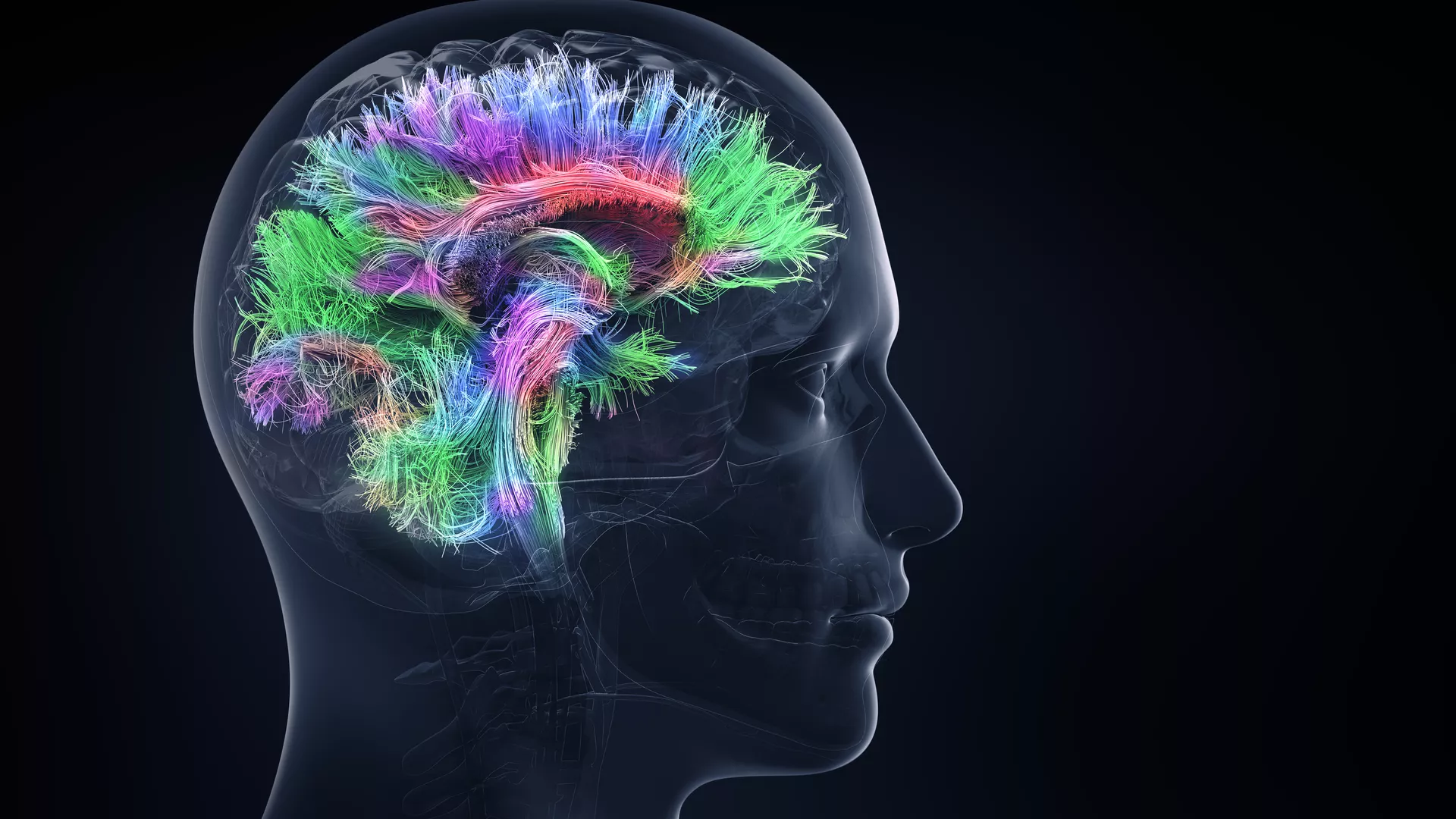Recent research from University College London published in the journal Psychoneuroendocrinology examines how postnatal depression affects breastfeeding and the hormone oxytocin. This study highlights the relationship between oxytocin levels and breastfeeding difficulties in new mothers experiencing depression after childbirth.
Oxytocin, often called the ‘love hormone,’ is produced in the hypothalamus and plays a vital role in social interactions, emotional connections, and mother-infant bonding. During breastfeeding, oxytocin promotes the let-down reflex, allowing milk to flow from the breast. It is released into the body in response to skin-to-skin contact and the infant’s suckling, forming a feedback loop that encourages bonding and breastfeeding.
Postnatal depression affects approximately 20% of women after childbirth, leading to feelings of disconnection from their infants, sadness, and anxiety. Mothers facing this condition frequently report heightened stress during breastfeeding and challenges with milk let-down, often resulting in premature weaning. Despite many mothers wanting to breastfeed, those with postnatal depression encounter significant hurdles.
Previous research suggested that postnatal depression could disrupt the oxytocin system, making breastfeeding more difficult for affected mothers. However, studies investigating this connection have been limited. To further explore this relationship, UCL researchers analyzed how oxytocin moves from the brain to breast milk in mothers with and without postnatal depression.
The study involved 62 new mothers, aged 23 to 44, with infants between 3 and 9 months old. Participants used a nasal spray containing either oxytocin or a placebo before breastfeeding, and breast milk samples were collected for analysis.
Findings revealed that the oxytocin nasal spray increased oxytocin levels in breast milk for mothers not experiencing postnatal depression. However, mothers with postnatal depression showed a diminished response to the nasal spray, indicating that their oxytocin system might not function optimally. This disruption could hinder their ability to bond with their babies and exacerbate feelings of isolation and sadness.
Moreover, this could affect the developing oxytocin system of their infants, suggesting a potential pathway through which mental health challenges in mothers may impact their children.
These research findings underscore the importance of understanding the biological mechanisms behind breastfeeding challenges in mothers with postnatal depression. The study advocates for developing new interventions aimed at boosting oxytocin release in these mothers to improve breastfeeding success and strengthen mother-infant bonding during the critical perinatal period. Further investigations are needed to refine care pathways for new mothers and their children, ensuring better support and outcomes.



